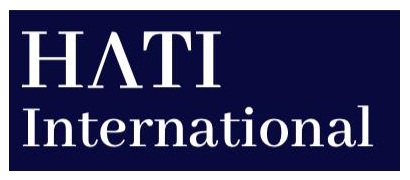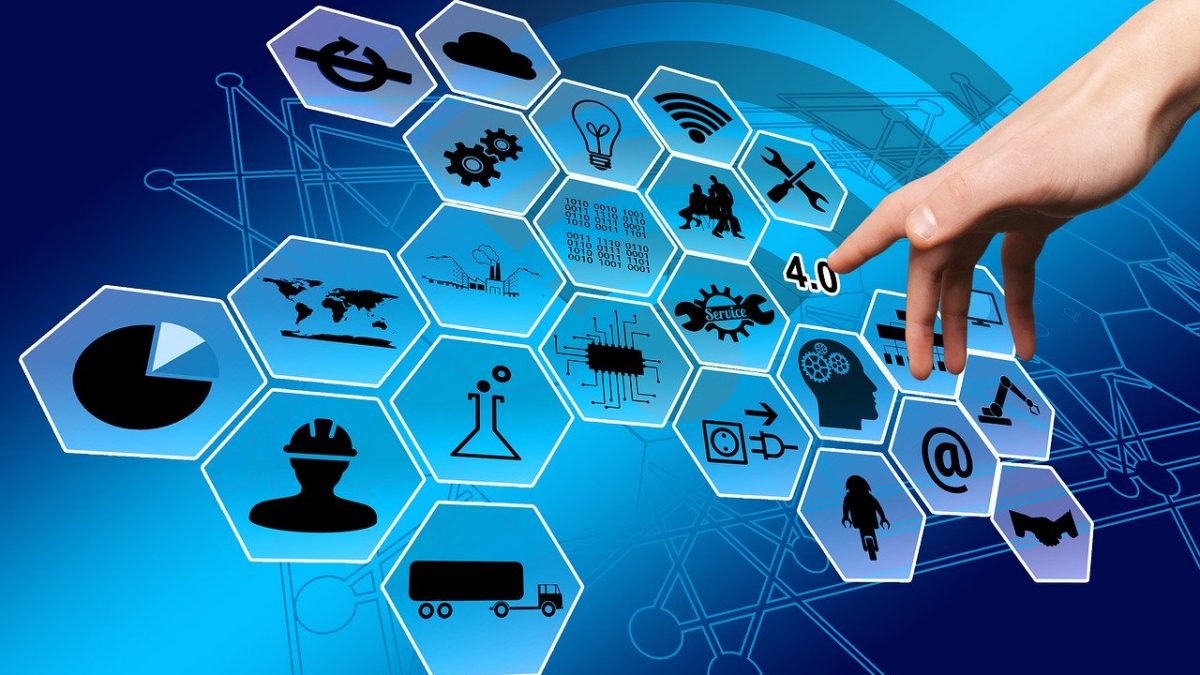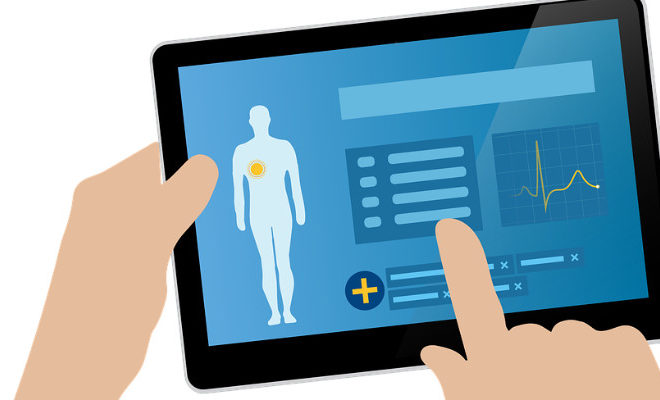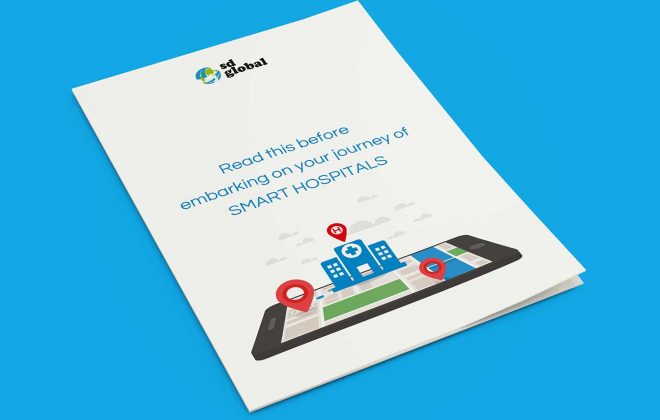Read This if You Want to Make a Career as an IoT Expert In Healthcare Industry
A decade ago, it was impossible to imagine getting real-time updates on your pulse rate or your blood pressure during your morning run. Today, you can get all that information right on your mobile phone or a wristwatch. You can even share the data with your doctor if you find something amiss. All this is possible thanks to the Internet of Things (IoT).
IoT has made headway into the healthcare industry by facilitating faster and more efficient patient care without increasing the costs.
According to MarketsandMarkets, IoT in healthcare is expected to become a USD 158.07 billion market by 2022.
Hospitals use IoT at various levels – right from monitoring the patient’s condition remotely to detecting diseases at an early stage and keeping a record of the inventory. Health experts say it could lower the cost of healthcare by reducing the number of readmissions and giving the patients the power to manage their wellness more effectively.
However, despite the promising future of IoT in healthcare, the world is staring widely at a wide gap between opportunities and skilled experts.
A report by VisionMobile projects reveals that there is a need for 4.5 million IoT developers by 2020.
The opportunity is enormous, and if you want to be a part of this thriving growth story, it’s crucial to upgrade yourself.
Let’s look at some of the skills that you need to learn to become a part of this exciting industry.
Security engineering to mitigate security risks
Considering that IoT involves exchanging data between devices in a network, there can be potential dangers related to the security of the data, device, or network. A minor oversight could also lead to problems such as malware attacks, data loss, and compromise in data privacy. Security is, therefore, crucial for IoT. It includes assessing and predicting threats, encrypting data to secure it, monitoring events, and securing network and applications from potential threats. Healthcare companies are always on the lookout for security engineers who understand the complex nature of the IoT architecture and are skilled enough to mitigate risks and protect the data, device, and network from vulnerability.
Cloud computing to store and manage data
As the number of medical data increases, you will have a tough time storing it using your existing infrastructure. That’s why most hospitals are moving to the cloud. It enables them to store and manage data and is also cost-effective. With IoT, a massive amount of data is being generated by sensors and devices. As IoT takes center stage in smart hospitals, the cloud has started becoming a norm. Possessing knowledge on how cloud works and how you can help organizations to manage the continuous data flow on the cloud will help you to move ahead in your career.
UX and UI design skills to make the applications easy to use
Imagine having a fitness band but not knowing how to use it because the interface looks confusing. You don’t know how to track your running speed or compare your results with the previous day. Doesn’t it sound frustrating? You would almost want to throw away that fitness band because it is not serving any purpose. That’s why healthcare companies are so particular about the user experience (UX) and the user interface (UI) of their applications. Healthcare professionals need to make critical life and death decisions in a split second, and they cannot be wasting their time struggling to use the software applications. Therefore, hospitals want to ensure that the UI of their applications is intuitive and simple, and even a person with no technical knowledge can use it independently. So, if you love designs and believe you can contribute to improving the user experience, then learning this skill will help you take a step towards success.
Knowledge in Python, JavaScript, Node.js for IoT development
Knowledge of programming language is essential in the field of IoT. JavaScript will help you to develop the back-end of your device, while Node.js will help you to build the IoT application. It works on the server-side to manage devices such as Raspberry Pi and Arduino. Learning these programming languages will prepare you for a promising future in the field of IoT.
Big data analytics to convert data into valuable business insights
Do you know the healthcare industry generates almost 30% of the world’s data every year? A single patient can alone generate 80 megabytes of data through imaging and electronic medical record (EMR). With so much data being created, healthcare organizations urgently require the help of big data scientists and analysts to store, manage, and process the data and convert it into actional insights that can be used by healthcare experts to make crucial medical decisions. So, if you love to work with data, develop your knowledge on Hadoop, SQL, etc. and get started.
IoT is here to stay. With the growing popularity of smart hospitals, healthcare is getting more technology-driven, patient care is becoming more sophisticated, and IoT applications are growing.
Even the Government of Malaysia had launched IoT usage nationally and developed the required infrastructure for IoT operations. There is going to be a great demand for IoT professionals. So, if you want to switch your career or improve your trajectory, then it’s vital to upgrade your skills. Check out for institutes that will help you to learn these new skills and prepare yourself for the next technology boom.




